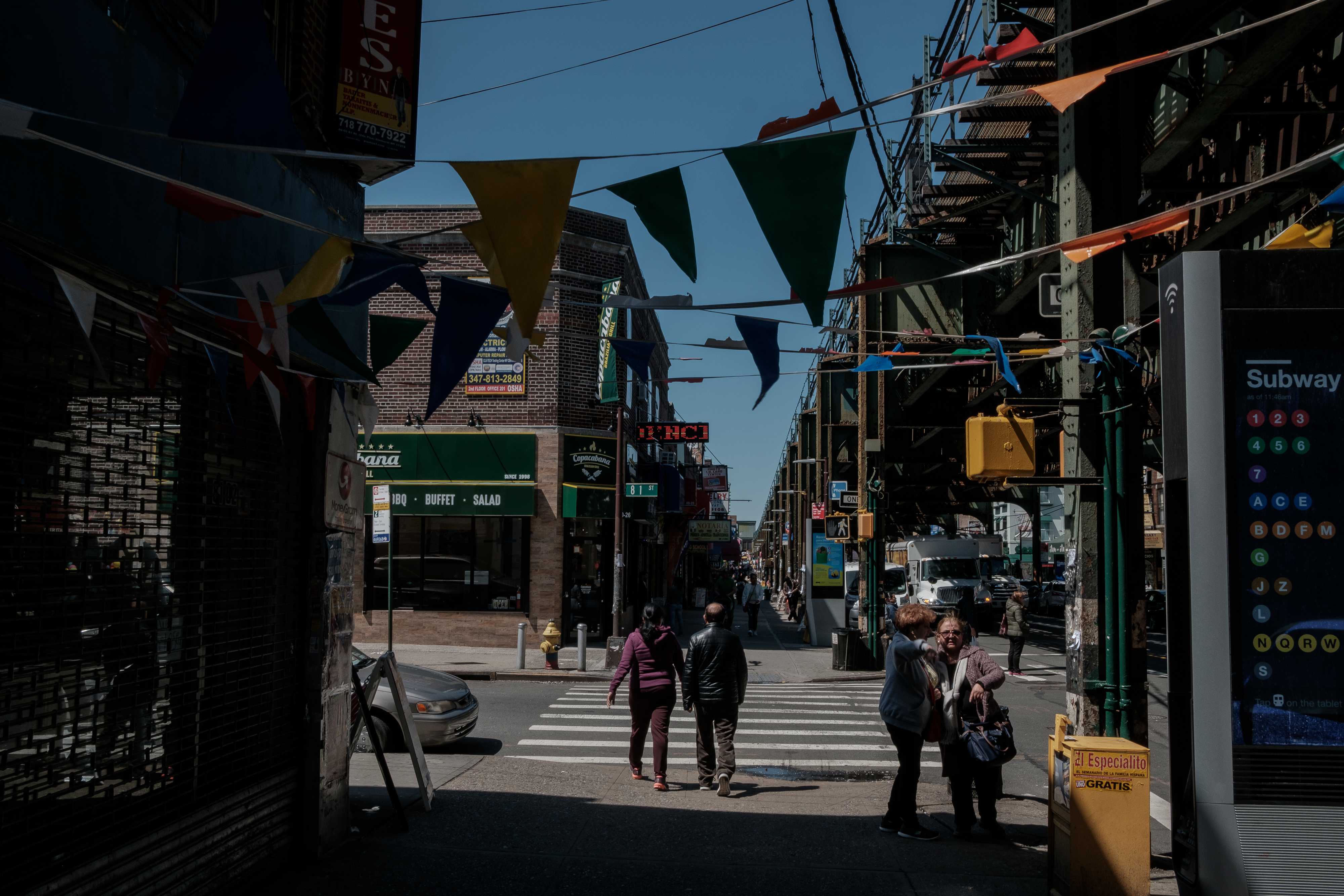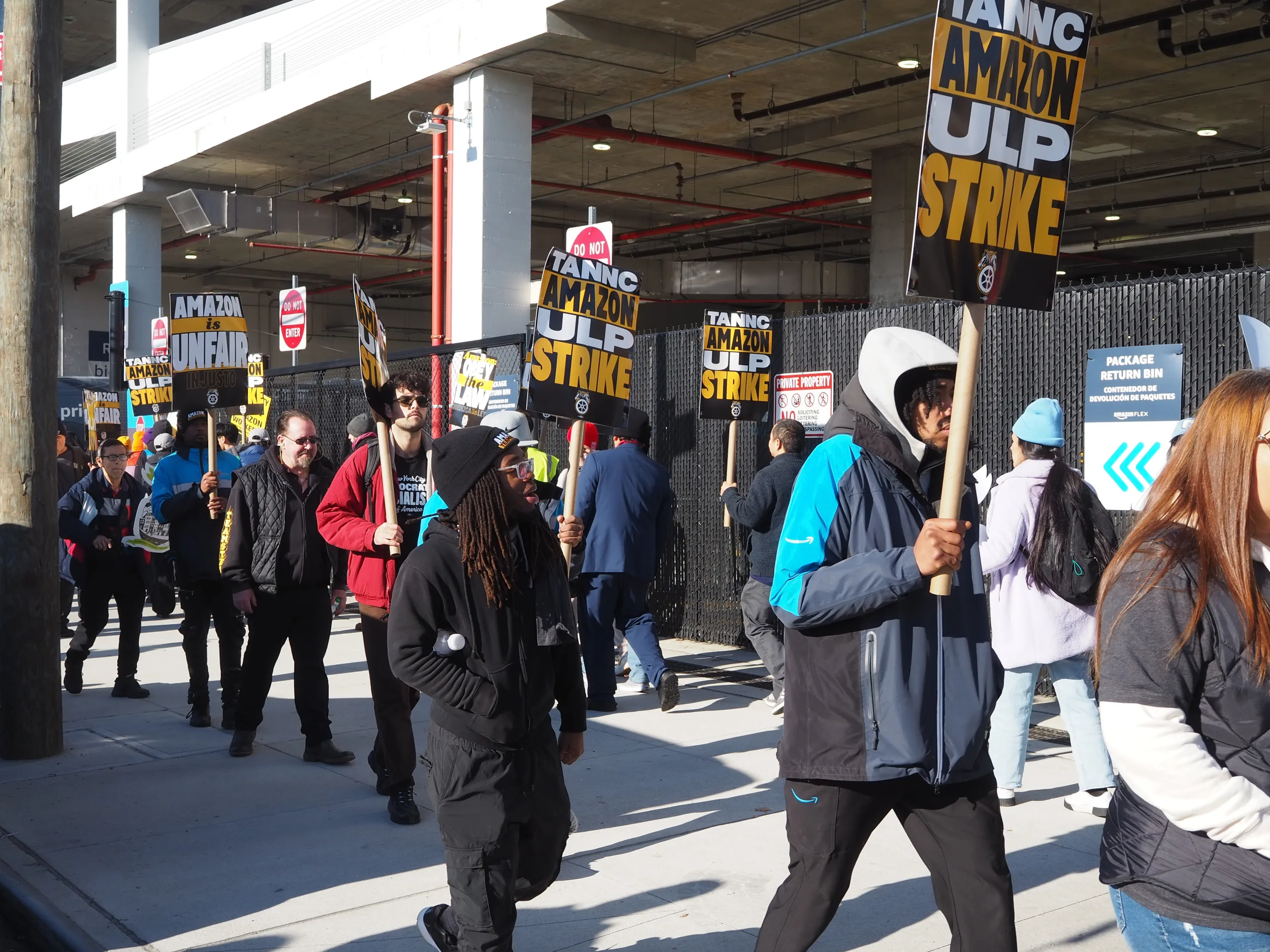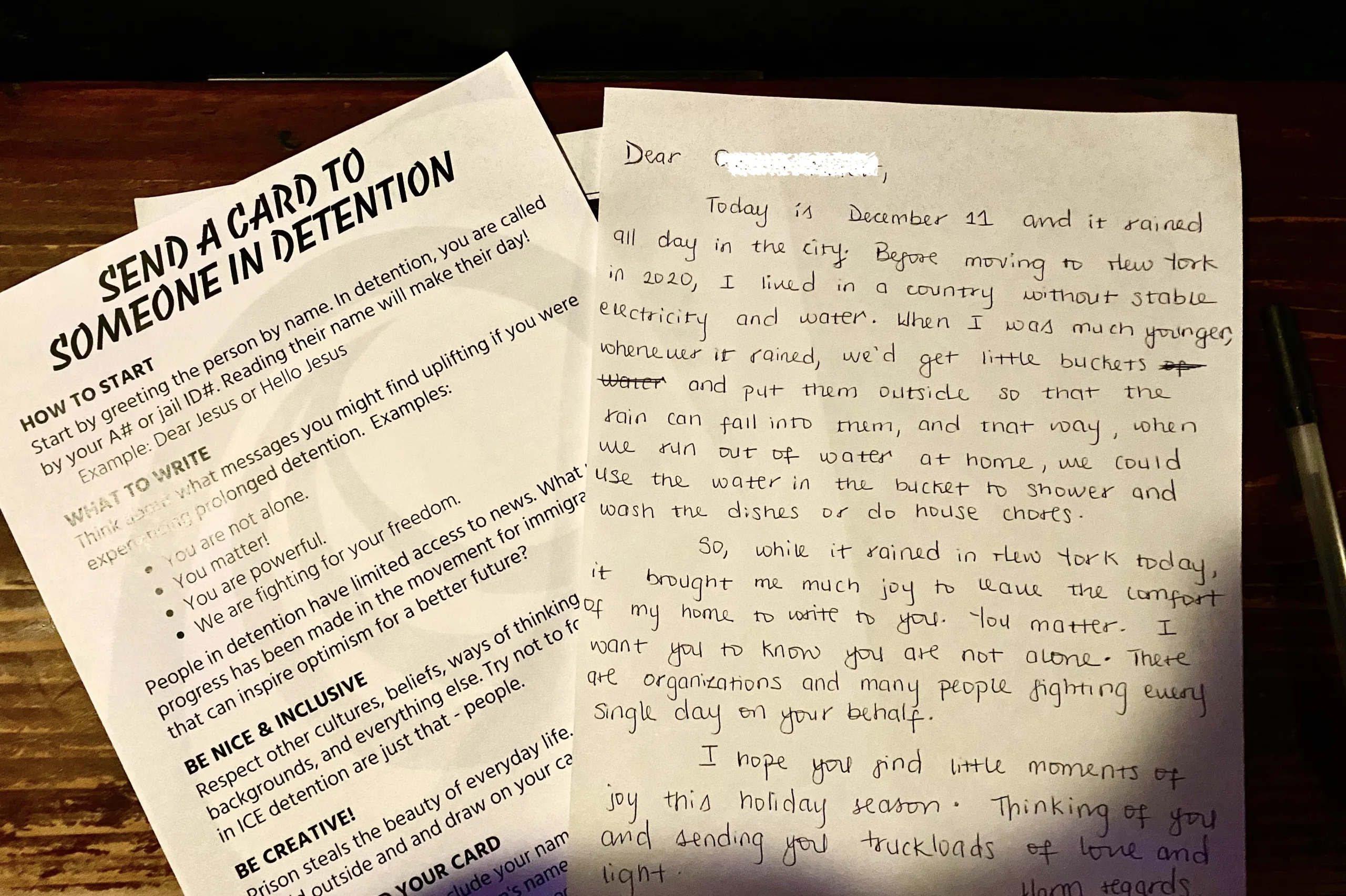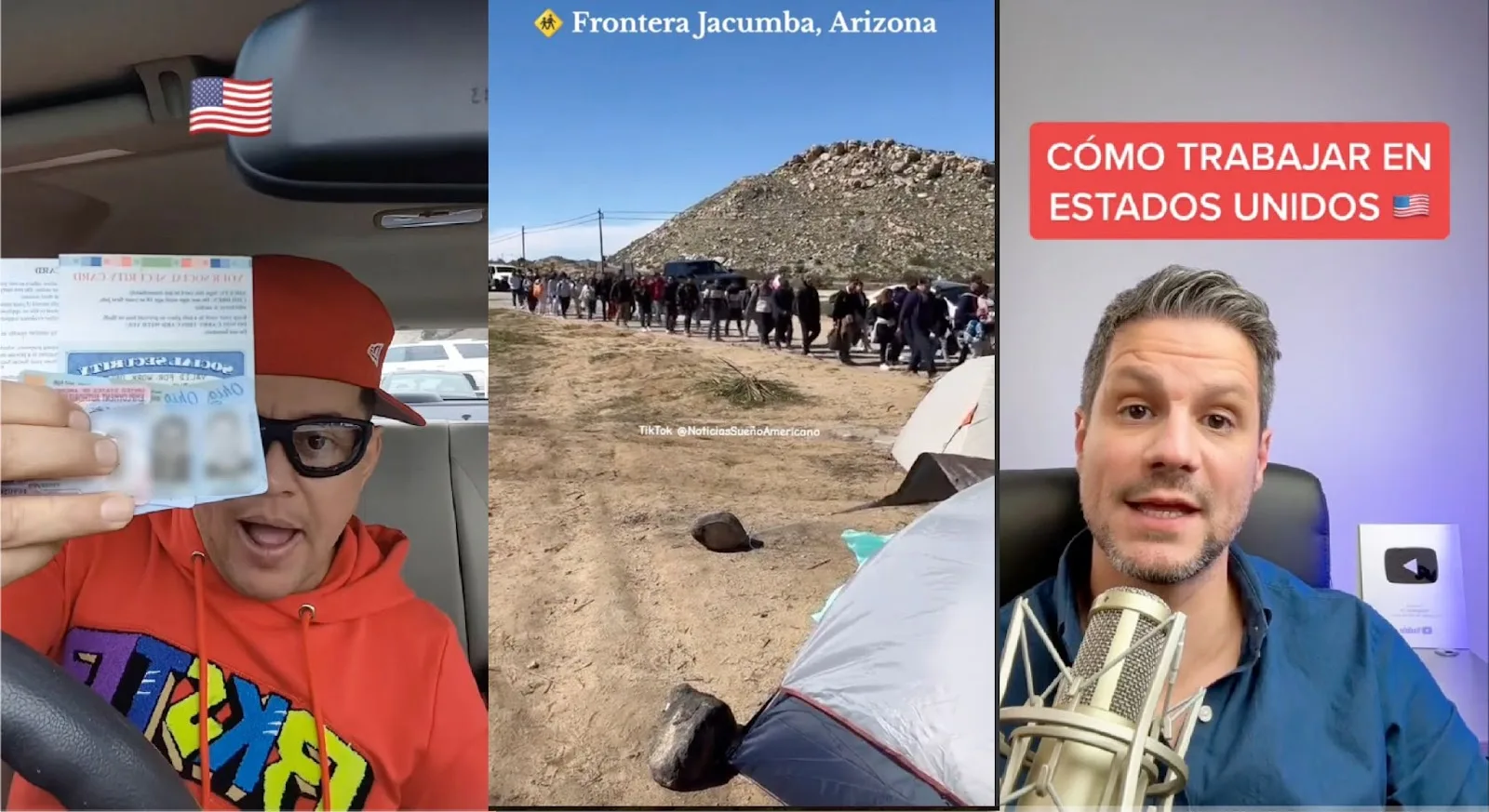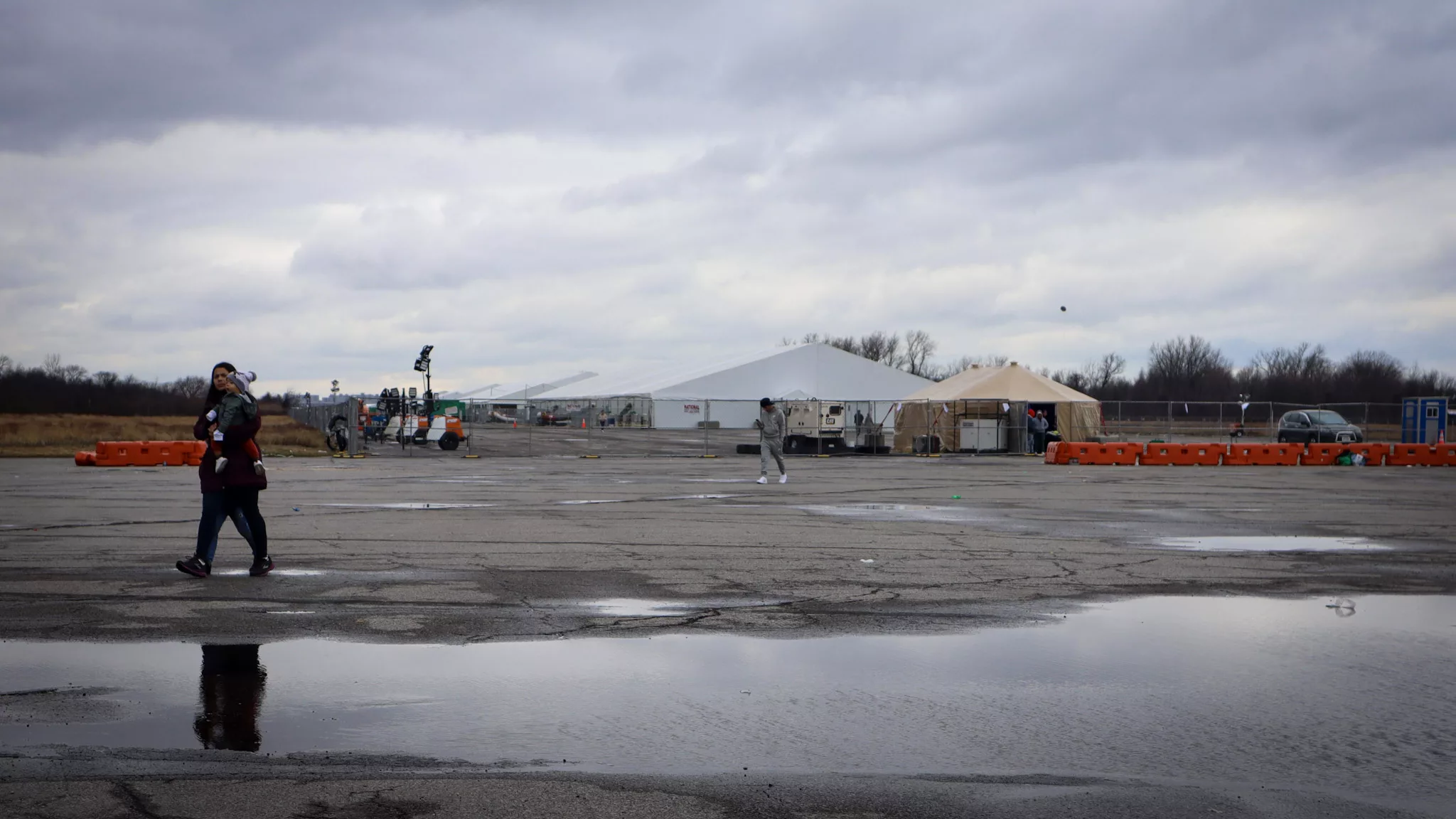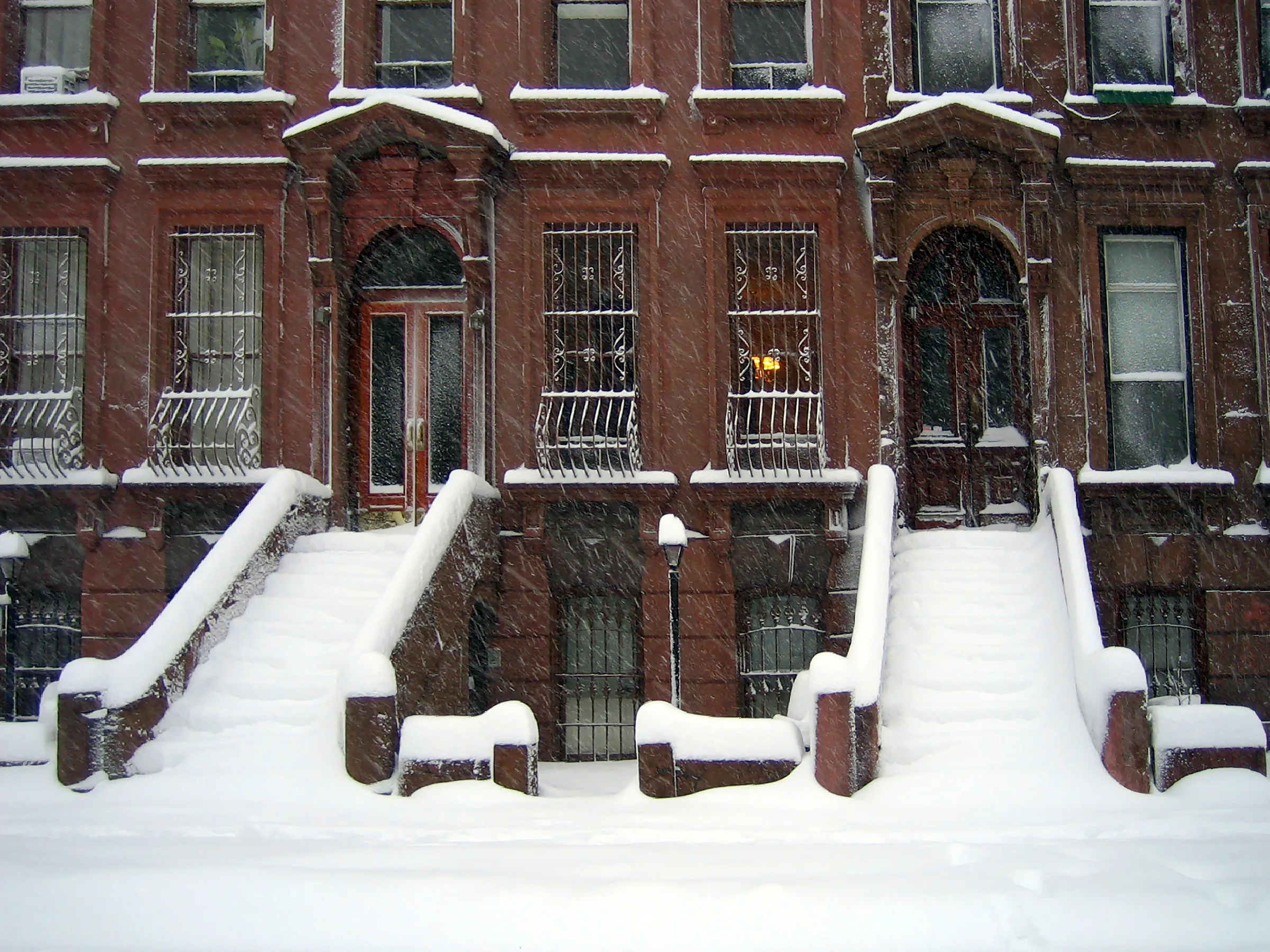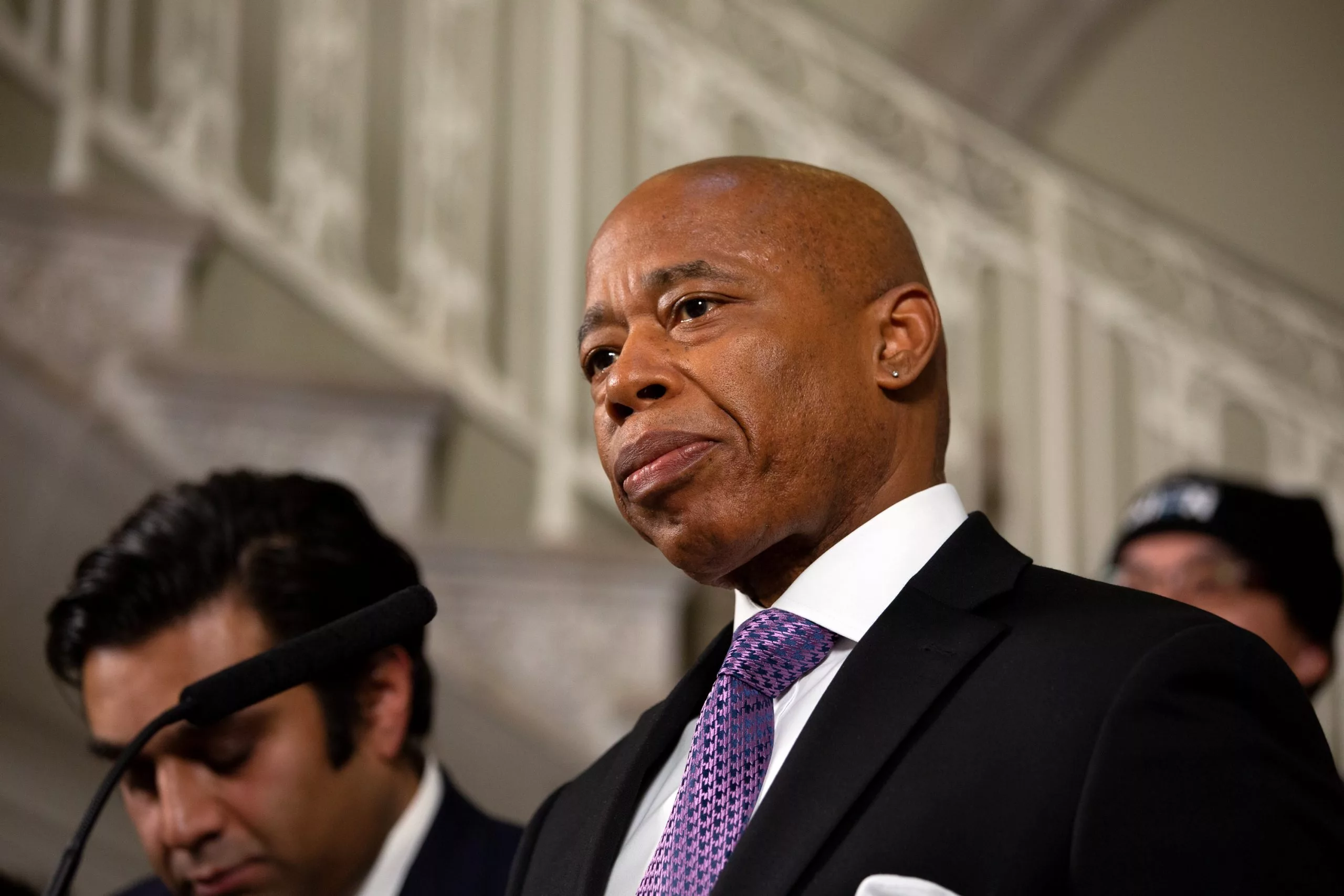A landlord in New York City has been ordered to pay a $5,000 fine to the city and $12,000 in damages after she threatened to call Immigration and Customs Enforcement on a tenant. New York’s Commission on Human Rights filed a claim against the landlord, Dianna Lysius, alleging she had texted and emailed the tenant to say she would call ICE if she didn’t pay her rent. The commission classifies threatening to call ICE as a form of discrimination. Lysius denied the claims against her and told The Wall Street Journal that the allegations were false.
The tenant, Holly Ondaan, is from Guyana with European Union citizenship and was undocumented when the threats against her were made. She received her green card in July 2018. Lysius began eviction proceedings against Ondaan in January 2018 after Ondaan stopped paying rent in October 2017. In January, Lysius sent Ondaan a text message saying she’d call ICE if she didn’t pay rent that day and she later her sent her link to an article about ICE raids on 7-Elevens.
According to the New York Commission on Human Rights, the case is the first of its kind nationwide. It is one of 160 inquiries made to the commission in 2018 related to housing discrimination based on immigration status. The Wall Street Journal
Local
House Republicans Fight Green Light Law
A group of congressional Republicans from New York asked the Justice Department on Thursday to evaluate the constitutionality of the Green Light NY bill, which grants undocumented immigrants the right to get state driver’s licenses. In a letter to Attorney General William Barr, six members of Congress argued the law could cause voter fraud and make it harder to enforce immigration laws. The letter comes as two upstate county clerks have filed federal lawsuits challenging the law. They have both committed to not issuing licenses to undocumented immigrants when the law goes into effect in December. NNY 360
Asylum Seekers Worry About Asylum Ban’s Consequences
Advocates and asylum seekers in the New York area are reeling from a recent Supreme Court decision allowing an effective ban on asylum to move forward. The Trump administration will no longer accept asylum claims from migrants who traveled through a third country before arriving at the U.S. unless their asylum claims had been previously rejected there. The ban was originally blocked in federal court by an injunction, which the Supreme Court lifted. Asylum seekers who passed credible fear interviews while the injunction was in place are now fearful of what it will mean for their cases. Newsday
National
Judge Considers Restricting Ability to Separate Families
U.S. District Judge Dana Sabraw said Friday he was struggling with how to handle accusations that the Trump administration was abusing its power and separating families due to frivolous allegations against the parents. The administration separated 955 children from their parents since Sabraw originally halted the practice for all but limited circumstances. The American Civil Liberties Union accused the administration of using minor offenses such as traffic violations to declare that parents should be separated from their children. Sabraw called it a “thorny issue” as he weighed the prospect of narrowing the definition of what justifies separating families. The Associated Press
Tent Courts Cause Confusion
New tent immigration courts set up along the U.S.–Mexico border have caused confusion as they hosted an increased number of hearings last week. The facilities are part of the Migrant Protection Protocols or Remain in Mexico, a program in which asylum seekers must wait for their immigration court dates in Mexico. Immigrants in the program had their hearings in the courts where judges are teleconferenced in from around the country, and lawyers faced a host of issues representing clients who are living in Mexico. The hearings, many of which are typically open to the public, were closed and only lawyers representing immigrants were allowed in the facility. CNN
Woman Faces Harassment Over CBP Lawsuit
Ever since Ana Suda filed a lawsuit against U.S. Customs and Border Protection in Montana, life has become so difficult that she has had to move cities. Suda filed a lawsuit against CBP where her husband works after an agent detained her in a parking lot for 40 minutes for speaking Spanish. She later posted a video about the incident on YouTube. She told The Associated Press that the lawsuit has made her the subject of ire in the community and she has been harassed by neighbors, strangers and even schoolchildren. Associated Press
Iranian Students’ Visas Canceled
At least a dozen Iranian students accepted into U.S. colleges have had their visas abruptly canceled this month as they were set to begin engineering and computer science graduate programs. The reasons for their visa cancellations remain unclear, as there has not been a policy shift according to the State Department. But tensions between the U.S. and Iran are currently heightened due to an attack on a Saudi oil field that the U.S. says Iran was responsible for. The cancellations may be due to a 2012 law that blocks visas to Iranian students whose coursework could prepare them to work on nuclear weapons at home. The New York Times
ICE to Resume Detaining Families at Facility
ICE will resume detaining families at Karnes County Residential Center after it stopped doing so in the spring due to transport issues following an increase in the number of arrests of families at the border. The facility is outside of San Antonio, Texas and officials said they expect it will begin detaining families exclusively in a few months. The facility was most recently used to hold about 700 adult women. It is run by private contractor Geo Group, which says it can house up to 830 parents and children. The Washington Post
Washington — US Signs Agreement With El Salvador, White House Ignored Guatemala Climate Report
The U.S. signed an agreement Friday that will allow the Trump administration to send asylum seekers to El Salvador. The bilateral agreement raised alarm due to the Central American country’s issue with violent crime, as it has one of the highest homicide rates in the world. Salvadorans regularly seek asylum in the U.S., fleeing the country’s poor conditions. They are excluded from the rule, according to the agreement.
The agreement’s signing ceremony and announcement were short on details, and according to a draft of the agreement, both countries must take several steps before the agreement can go into effect. No date was set for when this will happen.
The agreement marks another step in a broader push to prevent asylum seekers arriving in the U.S. This year, the Trump administration has implemented the Migrant Protection Protocols program, in which asylum seekers are forced to wait in Mexico for their hearings in U.S. courts. More than 42,000 people have been returned due to the program already. The U.S. also signed a similar bilateral asylum agreement with Guatemala, put pressure on Mexico to crack down on asylum seekers traveling through the country and banned asylum altogether for people arriving at the U.S.–Mexico border after traveling through a third country where they did not apply for asylum.
The aforementioned agreement with Guatemala was signed in August and has yet to be put into effect, casting doubt over the agreement with El Salvador. The U.S. committed to improving El Salvador’s capacity to receive asylum seekers but did not provide any specific details. The administration is reportedly nearing a similar deal with Honduras. Associated Press, The Washington Post The Trump administration ignored an internal report compiled last year by CBP on how climate change is pushing migrants to leave Guatemala. An internal report circulated by senior Homeland Security officials reportedly showed areas of Guatemala that have experienced crop shortages pushing people into starvation and extreme poverty ended up having higher migrant exodus rates. Scientists attribute the crop shortages to climate change, among other things. But the White House ignored the report, with Trump threatening to end aid to Guatemala a month after it was finalized. NBC News
